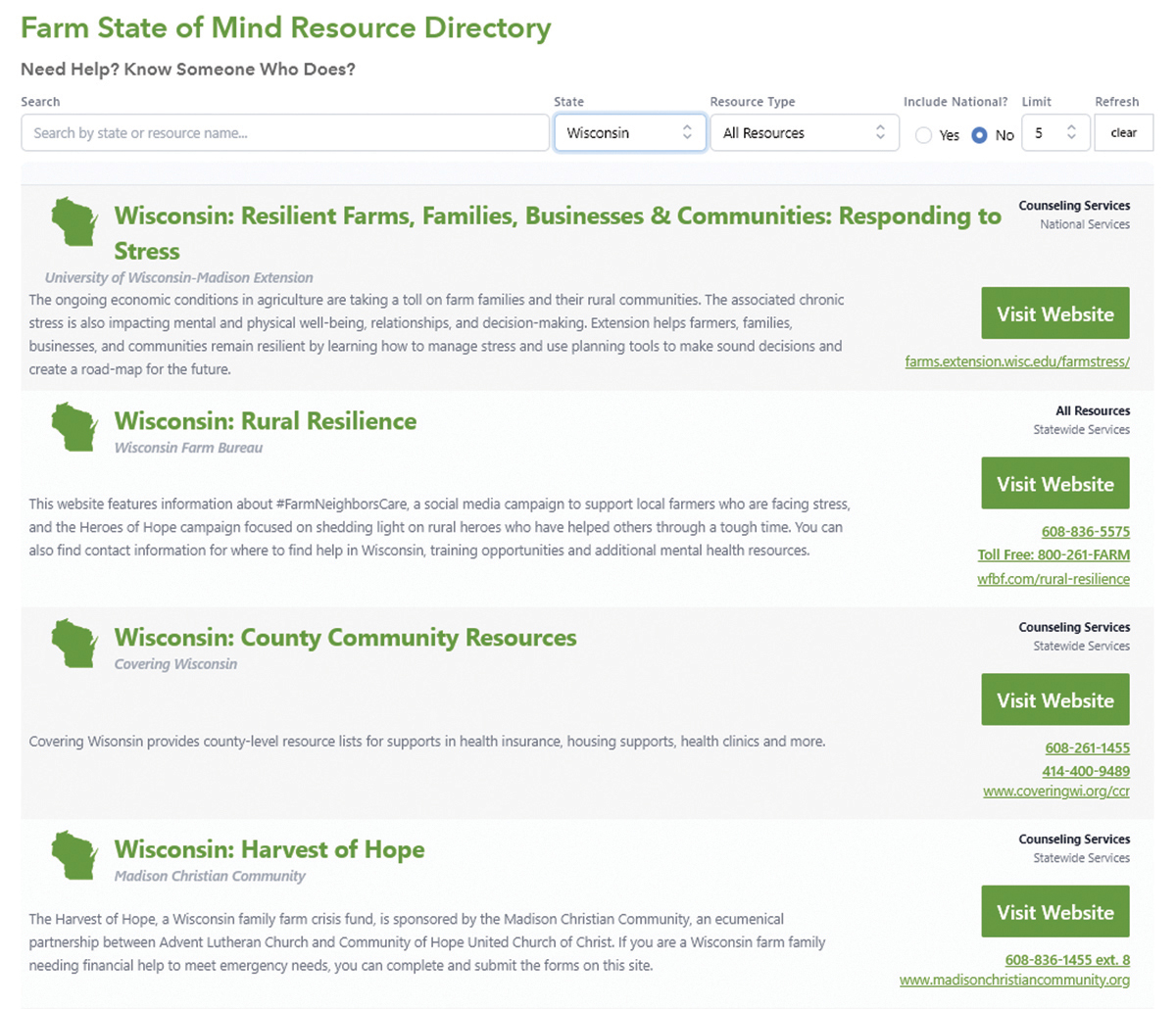Self-care. Two words that may bring a negative connotation to mind but what if you knew that self-care was more than bubble baths or indulgent shopping trips. Self-care means taking care of yourself so you can be healthy, do your job, help and care for others and achieve everything you want to in a day. When you are continuously feeling like you are burning that candle at both ends, it comes with consequences that include burnout, depression, anxiety and resentment. Engaging in self-care has been proven to reduce stress and anxiety, improve focus, minimize frustration and increase happiness.
Types of Self-Care


 Physical
Physical
self-care involves activities that improve your physical health.
- Aim for a healthy diet.
- Take lunch breaks. Note that soda and a candy bar are not lunch.
- Schedule routine health screenings such as physicals and dental exams.
- Set a consistent and sufficient sleep schedule.
- Engage in 30 minutes of physical activity five days per week.
- Drink plenty of water each day.
 Relational or Social
Relational or Social
self-care involves activities that nurture and deepen relationships with people in your life.
- Invest in relationships that are uplifting.
- Spend time talking to your friends and family, even over the phone or video-chat.
- Find ways to be involved in your community.
- Make a card or write a letter to someone you appreciate.
- Make time for important people in your life.
- Monitor your technology use.
 Workplace/Professional
Workplace/Professional
self-care involves having clear professional boundaries, sharing your strengths and gifts and living your purpose.
- Set boundaries at work (say ‘no’ when appropriate).
- Take mental health days when needed.
- Leave work at work.
- Attend professional development workshops and trainings.
- Minimize and resolve conflict with others.
- Be flexible with time and tasks as things come up.
 Mental
Mental
self-care involves activities that stimulate your mind or intellect.
- Read a book.
- Attend a class to learn something new or of interest to you.
- Talk with a counselor.
- Learn a new skill.
- Practice mindfulness.
- Contact someone for help or support.
 Spiritual
Spiritual
self-care involves activities that nurture your spirit and allow you to think of more than yourself.
- Meditate.
- Reflect in a journal.
- Clean your space.
- Volunteer to give back to others.
- Talk with a friend about your spirituality.
- Spend time in nature.
 Emotional
Emotional
self-care involves activities that help you connect, process and reflect on a range of emotions.
- Practice forgiveness with yourself when you make a mistake.
- Be aware of your emotions and how emotions affect your relationships.
- Practice gratitude.
- Join a support or peer group.
- Go for a walk.
- Practice self-compassion.
Resources
American Farm Bureau Launches Farm State of Mind Resource Directory
 In recognition of May as Mental Health Month, the American Farm Bureau Federation launched a comprehensive, easy-to-use online directory of resources for farmers and their families who are experiencing stress and mental health challenges.
In recognition of May as Mental Health Month, the American Farm Bureau Federation launched a comprehensive, easy-to-use online directory of resources for farmers and their families who are experiencing stress and mental health challenges.
The directory, which is on the Farm State of Mind website at farmstateofmind.org, features listings for crisis hotlines and support lines, counseling services, training opportunities, podcasts, videos, published articles and other resources in every U.S. state and Puerto Rico.
Listings for crisis support, counseling and behavioral health resources that are available nationwide also are included.
Everyone is encouraged to share the directory with their family, friends and community networks to ensure widespread awareness of the availability of these important resources.


Leave a Reply